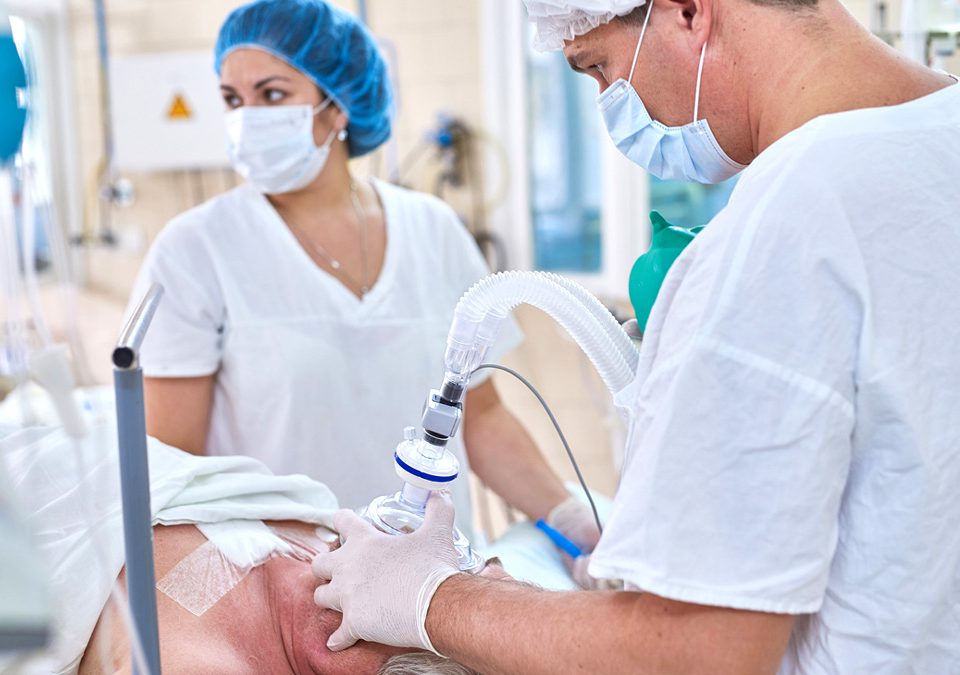
How to Survive Your Pre-clinical Medical Years – 5 Tips for Aspiring Doctors
Caribbean Medical school can be extremely taxing, right from the beginning when you are venturing a foot forward into your pre-clinical years. It seems another lifetime when you were up to your neck busy applying to various medical schools and the ripples of excitement that would wash over you on receiving an interview invitation from prospective schools. However, the days of getting your feet wet are long gone. Instead, you are expected to swim on the spot, which can be rather nerve-wrecking for most students.
In fact, during the first two years of medical school, students strive hard to adjust to a life away from home, make new friends, reconnoiter the new place, study more and sleep less. If you are thinking of applying to a Caribbean medical school, here are some tips and tricks that can better prepare you for contending with the rigors and challenges of your pre-clinical medical years.
Attend Your Lectures Assiduously
Lectures are probably not considered the best way to learn about a topic, especially during your pre-clinical years. There are a plethora of Caribbean medical schools that capitalize on them to simply dole out the syllabus. But still, lectures are the most important material that are highly likely to rear up their ugly head during quizzes and exams. Your professors are spooning out information, so it is important to heed their words, maintain your focus and listen meticulously. Though it is easier said than done, you can find some effective ways of making yourself laser-focused, such as bidding adieu to all distractions, getting your fill of the essential nutrients that your mind and body need to be more proactive, and relax or catch up on a quick snooze before lectures so that your mind is refurbished enough to even survive through the drone.
If you want to make your lectures an active learning experience, you can download some apps for your preclinical lectures. Download the lecture slides in advance and then note and record the most important information. You can plan earlier by having a quick look at lecture slides, introduction, and summary. Your preparation will get you thinking about the topic well in advance and help you focus on the content when you are in the classroom.
Study Smart
Being a medical student, you probably feel like you have bitten off more than you can chew. After all, you have so many assignments to do, projects to work on and quizzes to study for, in addition to juggling extracurricular activities and personal commitments. However, studying smarter can help you get good grades. Remember, getting into a Caribbean medical school doesn’t mean to get straight A’s, but mastering the art of learning is a vital life skill. It is highly advised to study numerous subjects every day, instead of just focusing on one or two subjects. Trust me, this study method will help you absorb information much faster than if you simply focus on one subject a day.
Grab a Seat at the Front
According to some studies, students who sit at the front seat of the classroom tend to be better students and earn good scores in exams. By sitting at the front, students can easily see the board, hear the professor more attentively, improve concentration and stay focused. In addition, sitting closer to the front of the classroom can also develop a better relationship with your professor, improve classroom engagement and develop self-confidence to speak up during class.
Don’t Multitask
Many students multitask while completing their homework assignments and studying for an upcoming quiz. There are many studies that reveal how multitasking makes you less productive and more distracted. Being a medical student, you should focus on just one task at a time. Don’t try to complete your assignment while watching TV, checking your social media accounts, or replying to a text message.
Students should not try to multitask as it can have adverse repercussions on their academic performance. You won’t be able to give your undisputed attention to your homework assignments and absorb the information in front of you. To maintain your focus and improve concentration, it is recommended to turn off your phone, put away notes that are not needed, switch off the TV, stick to your study schedule, clear away any clutter from your study area, and log out from all social media networks.
Balance Class, Hobbies, and Personal Activities
Once you get into a reputable Caribbean medical school, it becomes quite daunting to participate in extracurricular activities and unwind from the strain of back to back classes, assignments and clinical duties. But it is extremely important to juggle your time and maintain a perfect balance between your school and personal life. Finding time for your hobbies and extracurricular activities is important, you could spare a few hours per day to enjoy some time to yourself. Hit the gym, go for a walk, listen to your favorite music, watch your favorite TV show, hang out with people you care about and join whatever club you enjoy the most.
Concluding Thoughts
This is the beginning of a truly unique, rewarding and privileged career. Following these easy steps will help you become a better medical student from day one of your pre-clinical year and eventually become a great and successful doctor.



